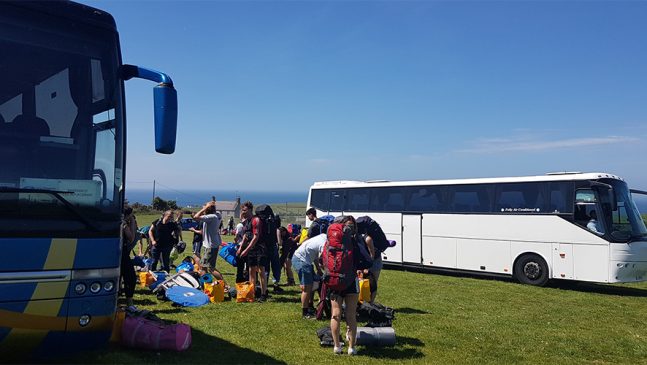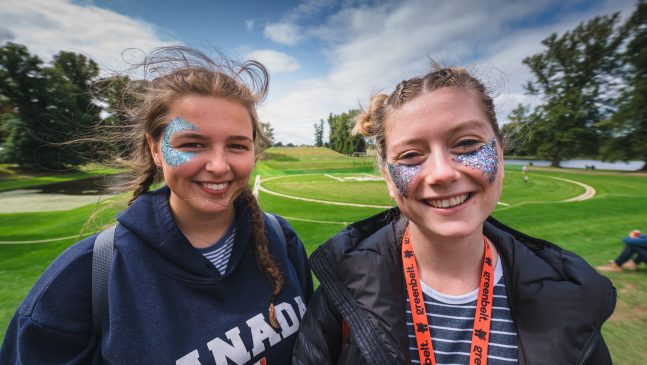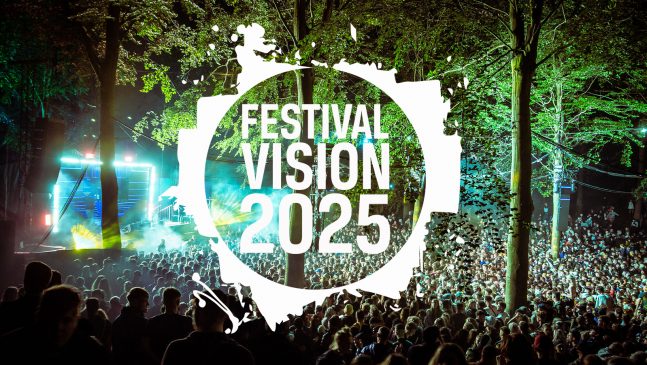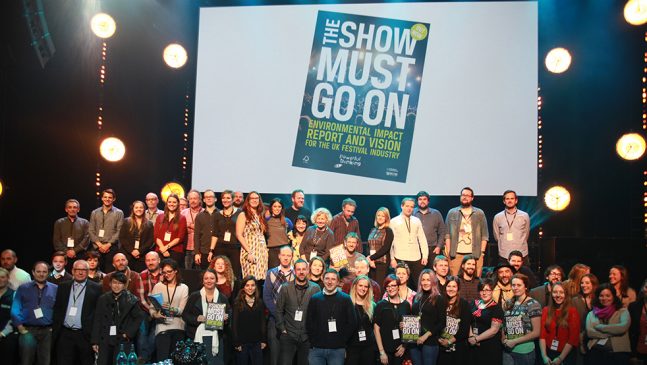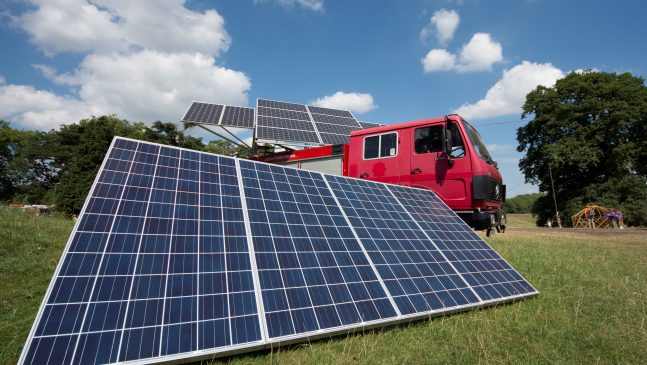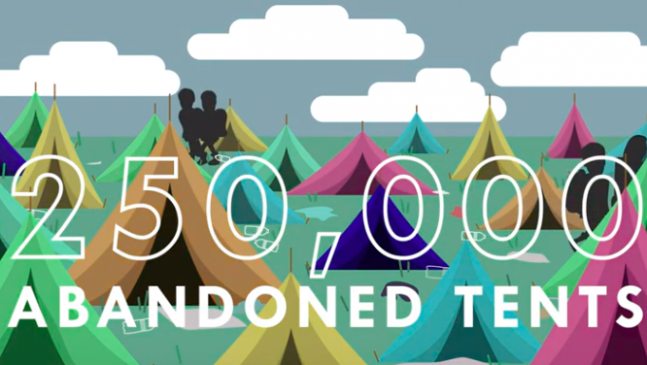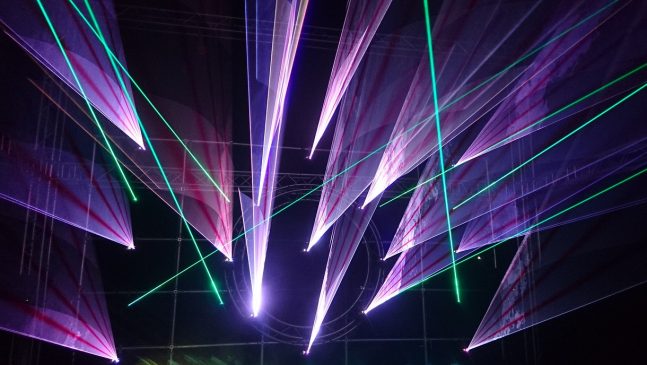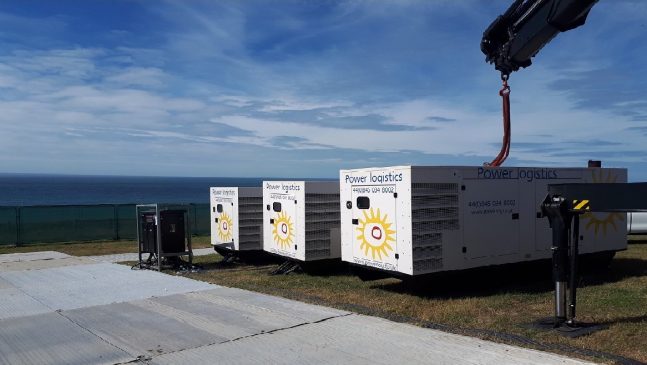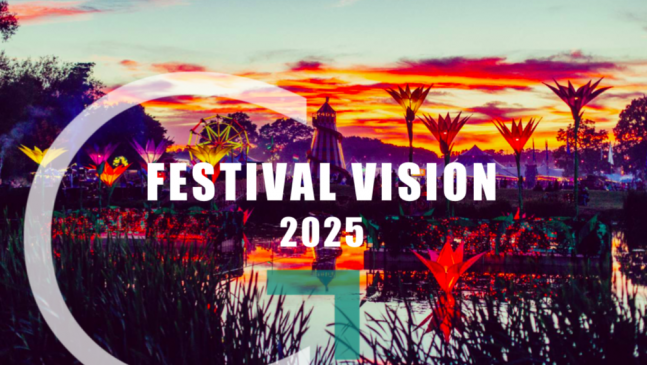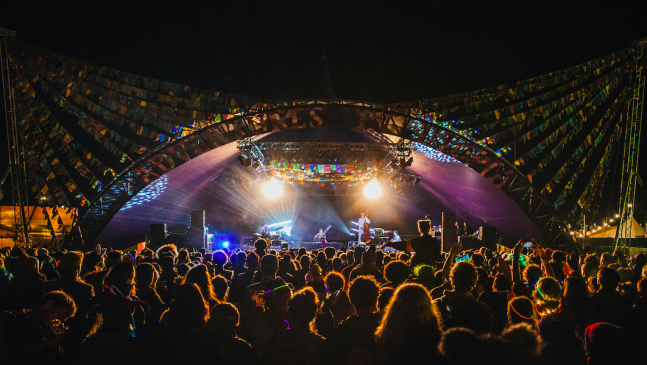Liz Warwick is an environmental consultant who has specialised in providing environmental and energy advice to businesses and events since 2008. She is passionate about promoting climate change policy and reducing impacts and will be heading up the Travel chapter in the new Show Must Go On report – part of Festival Vision:2025 – a project to help events cut impacts by 50% by 2025. Liz works with clients such as Cambridge Folk Festival, Fully Charged Live and Sony Pictures Entertainment to improve environmental performance. Reductions in energy and travel emissions are of particular interest; Liz is trustee of festival travel charity Energy Revolution and has undertaken detailed research on festival travel emissions.
“The time to change habits is now. To stop jumping in our cars and driving down the road burning fossil fuels. To stop adding to road congestion. To stop polluting the air.
Combustion engines are on their way out and will be replaced over the next 15-20 years with cleaner, smarter vehicles. But existing vehicles in the meantime are still busy adding greenhouse gases and poisonous fumes to our environment.
We want to help drive the behavioural change required. To offer new ideas and alternatives. Let’s limit the number of journeys we make and change the way we view our vehicles as convenient transport. Not just travelling to festivals but every day. A climate emergency has been declared and this calls for urgent action to target net zero emissions. Governments, car manufacturers and the tech industry all recognise that vehicles and fuels need to be cleaner but that alone won’t help in the short to medium term. We all have a responsibility to change our travel patterns to limit carbon and pollution. Most cars being driven on the road don’t meet the emission standards or carbon targets published by manufacturers and some are 6 times higher in testing. Yes, the manufacturers should pay for rectifications and upgrade existing stock – but that’s probably a pipe dream and everyone on the planet should be invested in promoting a more sustainable way of life.
Travelling to a festival and living away from home for a few days can mean needing to bring a lot of kit and it seems inconvenient to not use our comfy cars. But let’s be creative and lead the way, travel on this earth lighter and question where we can make a difference.
The festival industry is pioneering innovative alternatives and schemes. We want to help everyone to understand that carbon reductions can be made through low carbon partnerships, engagement, incentives and new visionary policies.”
Check out the Festival Vision:2025 crowdfunder campaign to see how you can support the festival industry to come together around a vision of sustainable events – researching best practices and innovations and creating up-to-date resources, like The Show Must Go On edition 2, to help event organisers cut their environmental impacts: www.crowdfunder.co.uk/festivalvision2025

